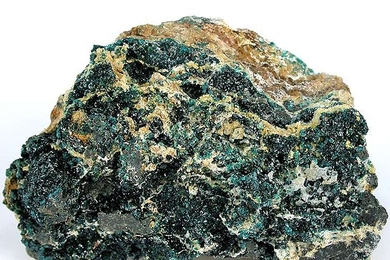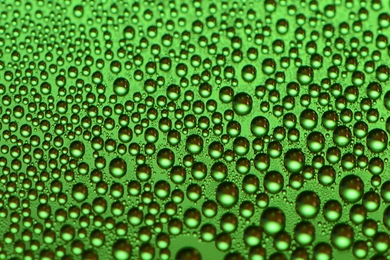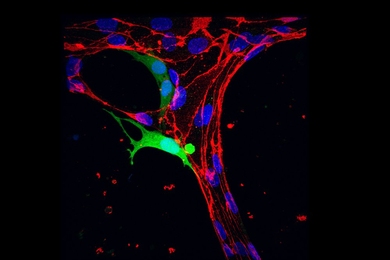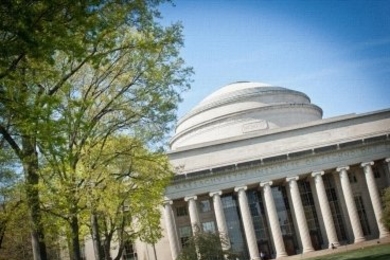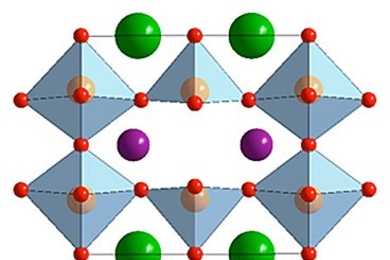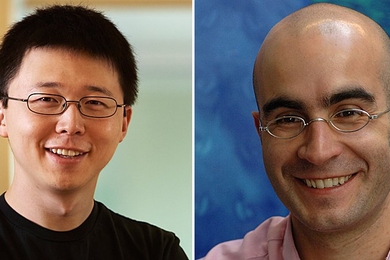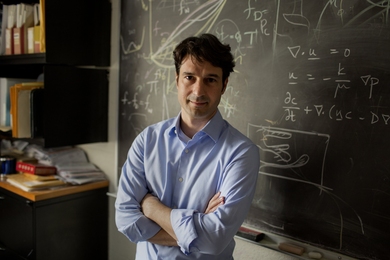Understanding a new kind of magnetism
Researchers use low-frequency laser pulses to probe the properties of a kind of fluctuating magnetism known as a spin-liquid state.
Water-shedding surfaces can be made to last
New approach to hydrophobic material could benefit power plants, cooling systems.
Watching tumors burst through a blood vessel
A microfluidic platform provides a high-resolution view of a crucial step in cancer metastasis.
Teaching computers to see — by learning to see like computers
By translating images into the language spoken by object-recognition systems, then translating them back, researchers hope to explain the systems’ failures.
MIT student-innovator prize goes national
The Lemelson-MIT Program has opened its Collegiate Student Prize competition to student innovators nationwide.
A computer scientist's approach to medicine
Stephanie Seneff is using the novel natural language processing techniques she developed to better understand how drugs and environmental toxins impact human health.
MITx introduces ‘XSeries’ course-sequence certificates on edX
EdX also introduces new ID verification service.
New materials improve oxygen catalysis
Highly active catalysts could be key to improved energy storage in fuel cells and advanced batteries.
Space weather’s effects on satellites
MIT study finds that high-energy electrons in space may be to blame for some satellite failures.
Two from MIT named to Popular Science's Brilliant 10 list
Pedro Reis and Feng Zhang recognized as young stars in science and technology.
Study shows projected climate change in West Africa not likely to worsen malaria situation
MIT study combines new model of malaria transmission with global forecasts for temperature and rainfall.
Ruben Juanes unravels the mysteries of underground flows
CEE professor’s studies of how fluids move underground could help with cleaner energy production and water supplies.

